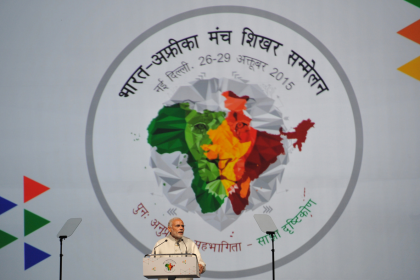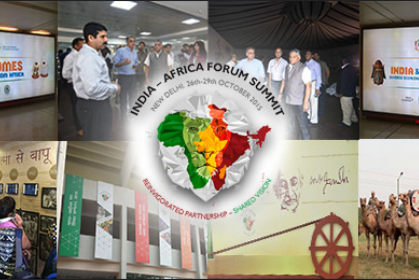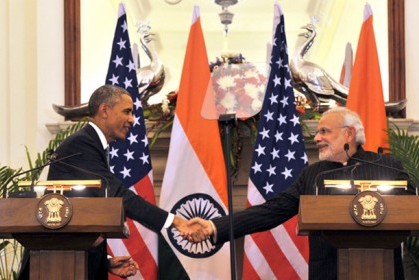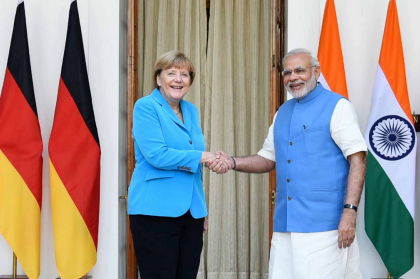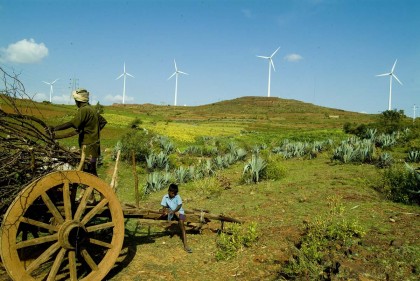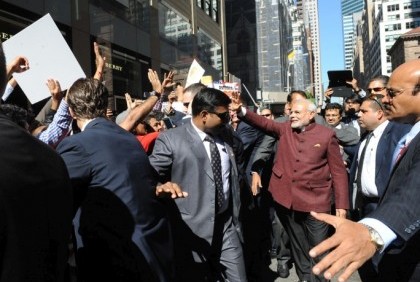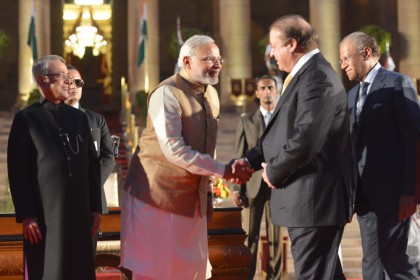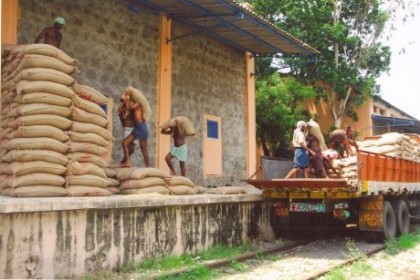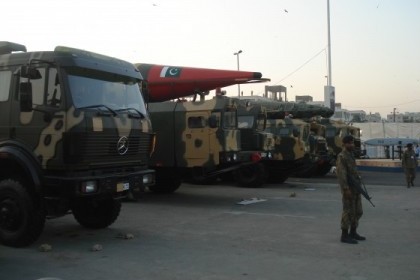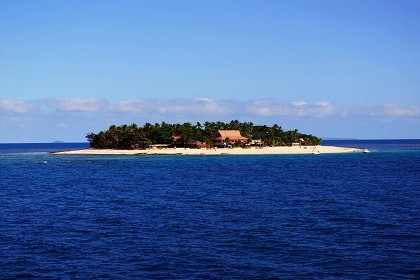India resets Africa strategy
Changes in how India plans to approach its relationship with Africa were evident at the recent India-Africa Forum Summit, including the wider representation of African countries, and Modi’s push to forge a united front with Africa at multilateral institutions on trade and other issues. But beyond these, gaps in the India-Africa alliance remain to be addressed.

